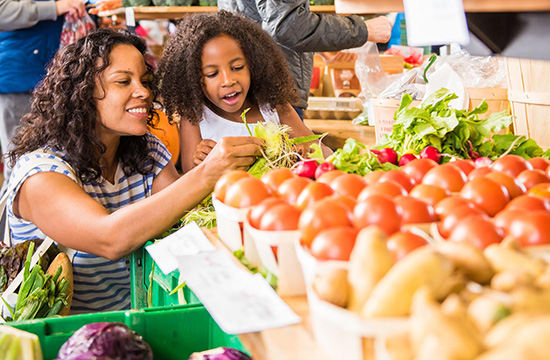
The challenges of new food production methods encompass a complex landscape of transitioning from conventional to innovative approaches. Overcoming technological, infrastructure, and societal acceptance hurdles is crucial.
This shift requires reimagining agricultural practices and overcoming inertia ingrained in traditional methods. Collaboration, education, and support from various stakeholders are essential to drive the adoption of sustainable and regenerative practices in food production.
Navigating barriers to sustainable food innovation involves addressing multifaceted causes that impede the adoption of new production methods. Overcoming inertia, limited knowledge, and financial constraints are vital factors hindering progress.
Collaboration, education, and support from various stakeholders are essential to drive the adoption of sustainable and regenerative practices in food production. Addressing these barriers, the agricultural sector can pave the way for a more sustainable and ecologically conscious future.


The need for transformative change in food production is underscored by the challenges of adopting new methods. Overcoming technological, infrastructure, knowledge, and societal acceptance barriers is crucial for the widespread adoption of sustainable and regenerative practices.
Overcoming technological, infrastructure, knowledge, and societal acceptance barriers is crucial for the widespread adoption of sustainable and regenerative practices.
Embracing sustainable food innovation involves prioritizing soil health, biodiversity, and reduced chemical inputs. By integrating organic farming's natural processes with regenerative agriculture's restoration goals, a holistic approach to sustainable agriculture can be achieved, prioritizing ecological health and long-term sustainability. Overcoming technological, infrastructure, and societal acceptance hurdles is crucial.
Collaboration, education, and support from various stakeholders are essential to drive the adoption of sustainable and regenerative practices in food production.


The challenges of new food production methods present an opportunity to pave the way for sustainable food systems. Harmonizing organic and regenerative practices, the agricultural sector can prioritize soil health, reduce chemical inputs, and promote biodiversity. Collaboration, education, and support from various stakeholders are essential to driving the adoption of sustainable and regenerative practices in food production.
This synergy offers sustainability by minimizing environmental impact and enhancing ecosystem functions.

